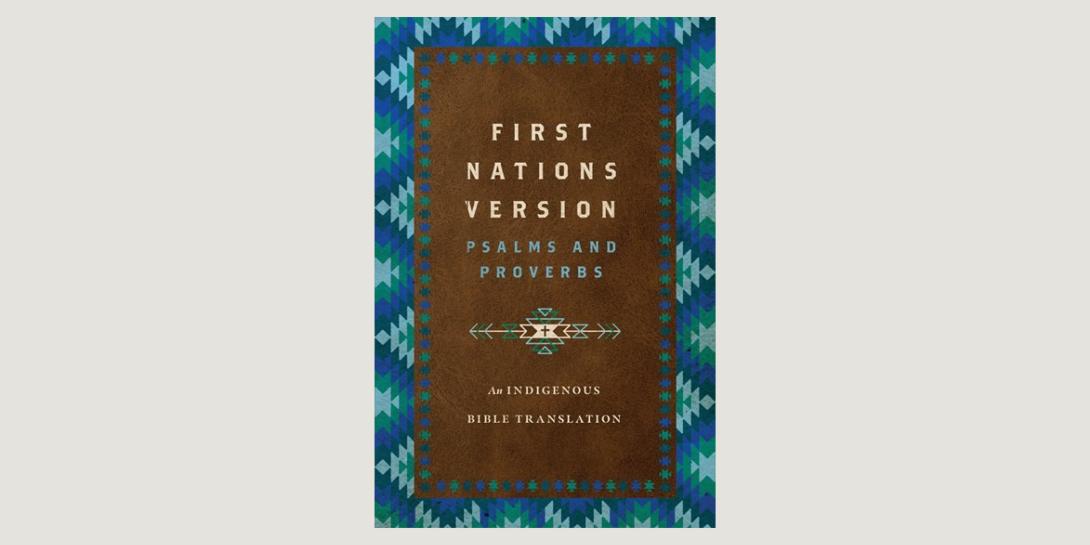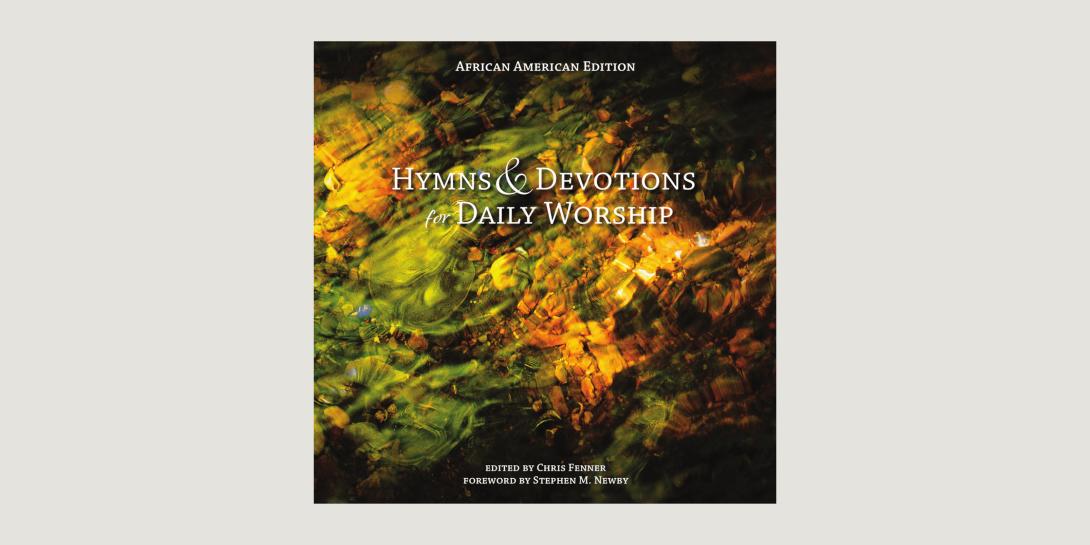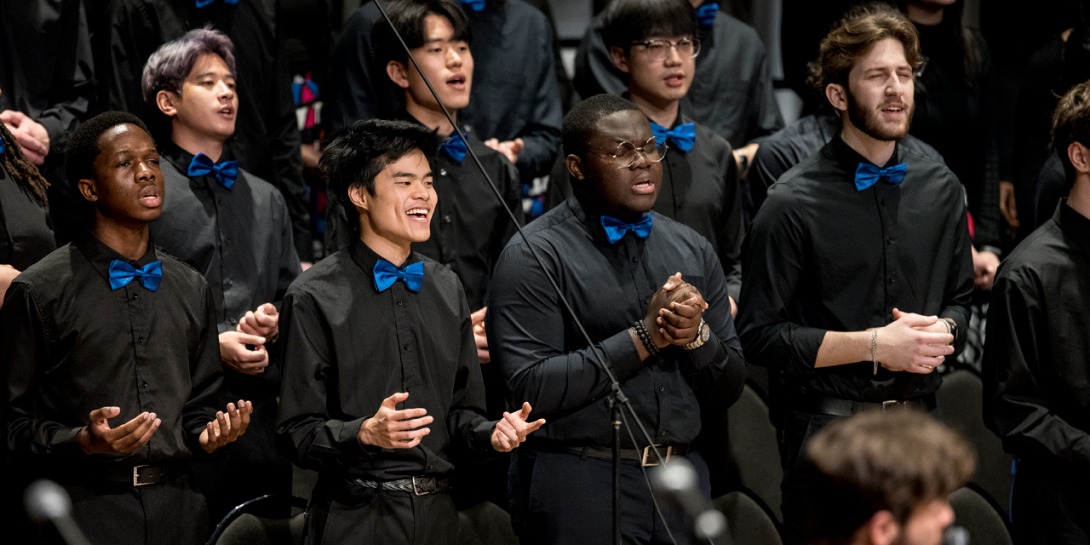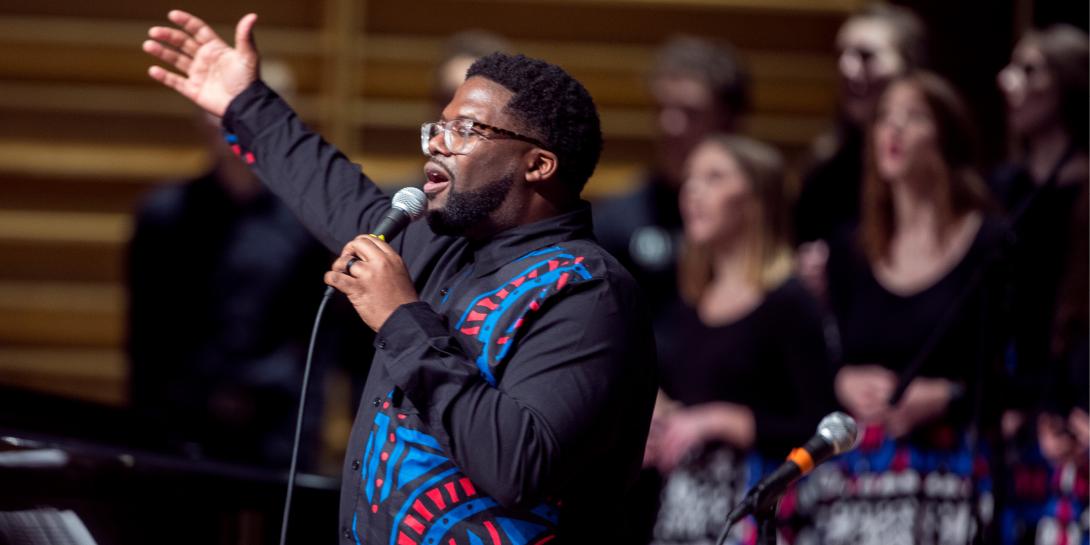The Calvin Institute of Christian Worship is committed to supporting and developing resources for worshiping communities that provide information, inspiration, and strategies to build capacity in congregations, individuals, communities, and other organizations to value diversity, embody inclusion, and engage across lines of difference in informed, respectful, and effective ways. Christian worship practices both implicitly embody and explicitly express powerful cultural values, and it is a life-giving challenge to align them with the vision of Revelation 7 and 21:
I looked, and there was a great multitude that no one could count, from every nation, from all tribes and peoples and languages, standing before the throne and before the Lamb, robed in white, with palm branches in their hands. They cried out in a loud voice, saying, “Salvation belongs to our God who is seated on the throne, and to the Lamb!” ...
And the city has no need of sun or moon to shine on it, for the glory of God is its light, and its lamp is the Lamb. The nations will walk by its light, and the kings of the earth will bring their glory into it. Its gates will never be shut by day—and there will be no night there. People will bring into it the glory and the honor of the nations.
We are grateful to draw upon the expertise and work of many people, including Calvin faculty and staff from a variety of fields and disciplines. The insights gathered here aim to inform and strengthen congregational, parish, and denominational ministries without limiting the scope of their influence in other sectors of society.
Explore Our Resources on Diversity, Difference, and Global Cultures
Terry M. Wildman on Psalms and Proverbs, First Nation Version
Indigenous cultures are storytelling cultures. So were the cultures of ancient Israel and its neighbors—the cultures Jesus lived among. First Nations Version (FNV) projects translate the Bible through the intertribal lens of Indigenous people in North America. The latest project, FNV Psalms and Proverbs, remains faithful to the Old Testament’s Hebrew poetry and wisdom literature while offering new ways to help readers place themselves in God’s story.
Chris Fenner on African American Hymns and Devotions
Many Christian publishers offer books of hymn stories, hymnals that follow the lectionary and church year, and devotionals based on hymns or the lectionary. Two new resources by Chris Fenner provide all three in one—hymn stories and sources, hymns, and lectionary-based devotionals to match each hymn. Both Hymns & Devotions for Daily Worship and Hymns & Devotions for Daily Worship: African American Edition begin with Advent.
Nate Glasper on Changes in Gospel Music
From “I’ll Fly Away” to “You Know My Name,” gospel music over the generations has helped musicians, choirs, and congregations embody faith in God’s promises and provisions. Nate Glasper describes how gospel music’s main genres comprise “academic, theological, historical, and cultural scholarship expressed through sound.”
Terry M. Wildman on Psalms and Proverbs, First Nation Version
Indigenous cultures are storytelling cultures. So were the cultures of ancient Israel and its neighbors—the cultures Jesus lived among. First Nations Version (FNV) projects translate the Bible through the intertribal lens of Indigenous people in North America. The latest project, FNV Psalms and Proverbs, remains faithful to the Old Testament’s Hebrew poetry and wisdom literature while offering new ways to help readers place themselves in God’s story.
Chris Fenner on African American Hymns and Devotions
Many Christian publishers offer books of hymn stories, hymnals that follow the lectionary and church year, and devotionals based on hymns or the lectionary. Two new resources by Chris Fenner provide all three in one—hymn stories and sources, hymns, and lectionary-based devotionals to match each hymn. Both Hymns & Devotions for Daily Worship and Hymns & Devotions for Daily Worship: African American Edition begin with Advent.
Nate Glasper on Changes in Gospel Music
From “I’ll Fly Away” to “You Know My Name,” gospel music over the generations has helped musicians, choirs, and congregations embody faith in God’s promises and provisions. Nate Glasper describes how gospel music’s main genres comprise “academic, theological, historical, and cultural scholarship expressed through sound.”
Nate Glasper on Directing and Mentoring Gospel Choirs
Directing a gospel choir can help singers express their own culture or learn from other cultures. Nate Glasper shares tips for helping gospel choir members grow through mentorship and skillful directing so that they live a lifestyle of worship.




